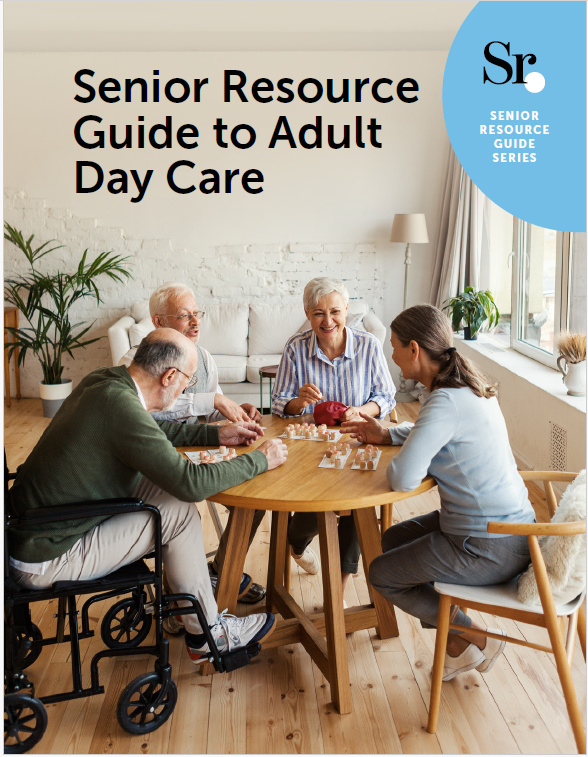Important Things to Know When Planning End-of-Life Care

Navigating the complexities of end-of-life care requires thoughtful consideration and planning. Understanding the key aspects of this process is crucial for ensuring that your values and preferences are respected during critical moments. From evaluating personal beliefs to documenting healthcare decisions, each step plays a pivotal role in shaping the quality of care you receive. In this exploration of important considerations, we uncover the essential aspects that empower individuals to approach end-of-life care with clarity and confidence.
Evaluating Personal Values and Preferences

Delve into your beliefs and desires regarding medical treatment and the kind of life you wish to lead. Engage in open conversations with your loved ones, articulating your choices for medical interventions, life-sustaining measures, and palliative care. These discussions lay the foundation for mutual understanding, helping everyone involved to comprehend your wishes and ensuring a unified approach to end-of-life care decisions. Through these conversations, you can build a shared awareness that contributes to a more harmonious and supportive journey as you navigate the complexities of healthcare choices.
Advance Care Planning: Documenting Your Decisions

Advance Care Planning includes creating legally binding documents like a living will and durable power of attorney. A living will outline your specific healthcare wishes, such as the extent of medical interventions you desire. If you are unable to make decisions for yourself, a reliable person is designated under a durable power of attorney to make healthcare decisions on your behalf. These documents serve as vital tools for guiding medical professionals and family members in adhering to their preferences during challenging times. Keeping these documents readily accessible and sharing them with relevant healthcare providers ensures that your decisions are communicated effectively and implemented according to your wishes.
Choosing the Right Healthcare Proxy

Selecting the right healthcare proxy is a crucial step in ensuring your wishes are upheld when you are unable to make decisions. Your healthcare proxy should be someone you fully trust and who is aware of your values and beliefs. This person is frequently a close friend or family member. It is important to engage in thorough discussions with your chosen proxy, ensuring they have a clear understanding of your preferences regarding medical treatment and end-of-life care. This individual will play a pivotal role in advocating for your wishes during critical decision-making moments, making it vital for them to be well-informed and aligned with your values.
Examining Palliative and Hospice Care Choices

Hospice care provides pain management and emotional support with the goal of improving the quality of life for those who are facing a terminal disease. In contrast, palliative care aims to enhance general health and reduce symptoms for patients with life-threatening conditions, irrespective of their prognosis. Both options emphasize comfort and dignity, providing a holistic approach to care. It is important to familiarize yourself with the available services and engage in discussions with your healthcare team to determine the most suitable plan tailored to your unique needs.
Financial Planning for End-of-Life Care

Consider discussing healthcare costs, insurance coverage, and available resources with a financial advisor to ensure a clear understanding of potential expenses. Comprehensive funeral planning is an integral part of this financial preparation, involving decisions about burial or cremation, memorial services, and associated costs. You can lessen the potential financial impact on your loved ones and guarantee that your wishes are followed by taking care of these matters beforehand. It is essential to keep your loved ones informed about your financial plans, providing them with access to important documents and facilitating a smooth transition during what can be a challenging time.
Open Communication with Healthcare Providers

Communication with healthcare providers involves candid discussions about your preferences, pain management, and treatment options. Regularly updating your healthcare team on your evolving health condition ensures that they remain well-informed about your current needs and desires. This ongoing dialogue allows healthcare providers to align their care strategies with your wishes, promoting a more personalized and supportive approach. Open communication ensures that your medical professionals are equipped to provide the care that best aligns with your values and enhances your overall well-being during challenging times.
More End-of-Life Care Help
Popular Articles About Hospice Care
Originally published January 31, 2024







